C code
#include <stdio.h>
int fibonacci(int);
int main()
{
int x = fibonacci(3);
printf("Fibonacci is : %d",x);
return 0;
}
Assembly
section .text
global fibonacci
fibonacci:
push ebp;
mov ebp, esp;
; initialize
mov dword [prev], 0x00000000;
mov dword [cur], 0x00000001;
mov byte [it], 0x01;
mov eax, dword [ebp + 8]; // n = 3
mov byte [n], al;
getfib:
xor edx,edx;
mov dl, byte [n];
cmp byte [it] , dl;
jg loopend;
mov eax,dword [prev];
add eax, dword [cur];
mov ebx, dword [cur];
mov dword [prev], ebx;
mov dword [cur] , eax;
inc byte [it];
jmp getfib;
loopend:
mov eax, dword [cur];
pop ebp;
ret;
section .bss
it resb 1
prev resd 1
cur resd 1
n resb 1
I was trying to run this assembly function in C code and on debugging , i saw that value in variable x in C code is right but there is some error coming when i use the printf function
Need Help on it
Command to compile:
nasm -f elf32 asmcode.asm -o a.o
gcc -ggdb -no-pie -m32 a.o ccode.c -o a.out
Click Below Pictures if they seem blurred

